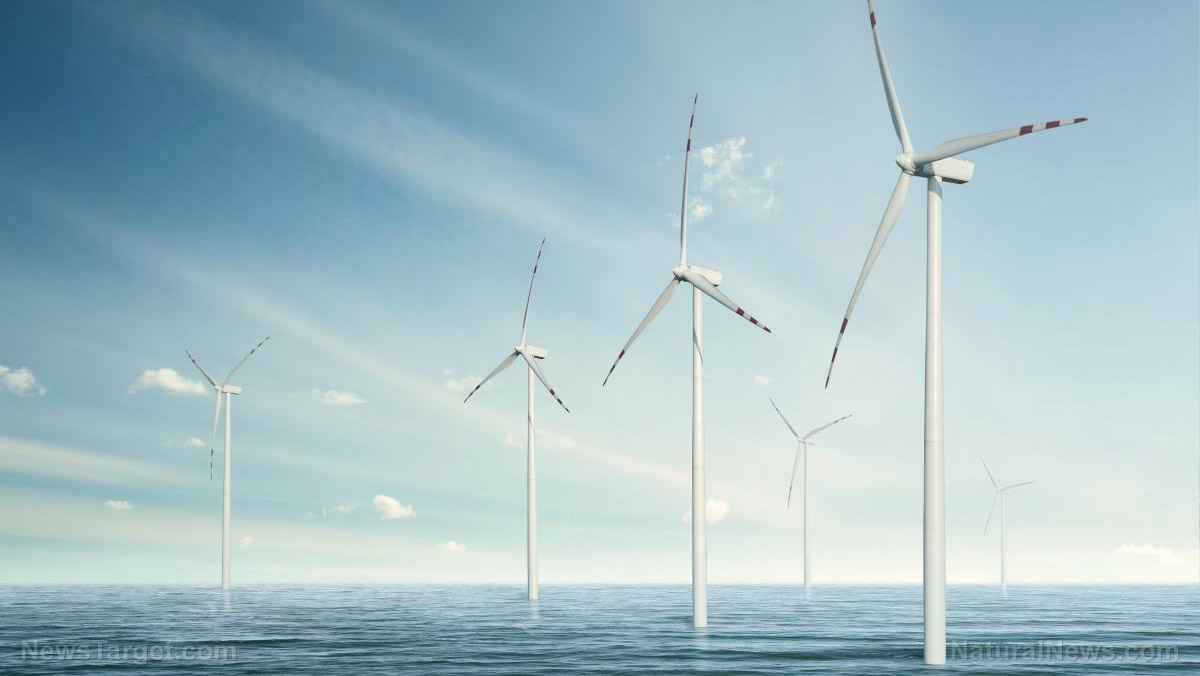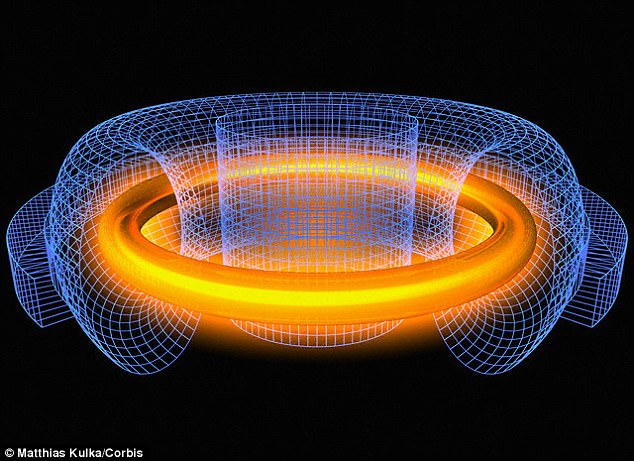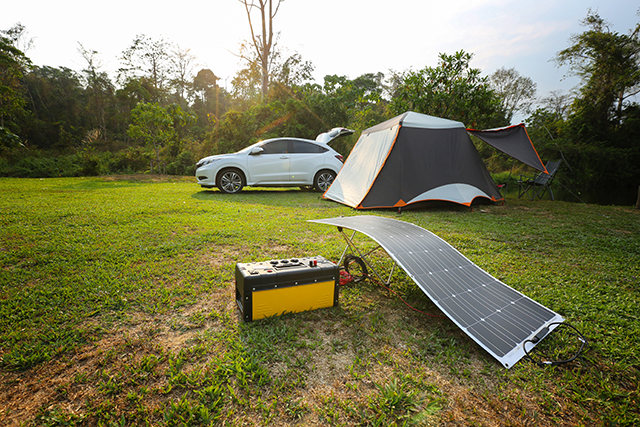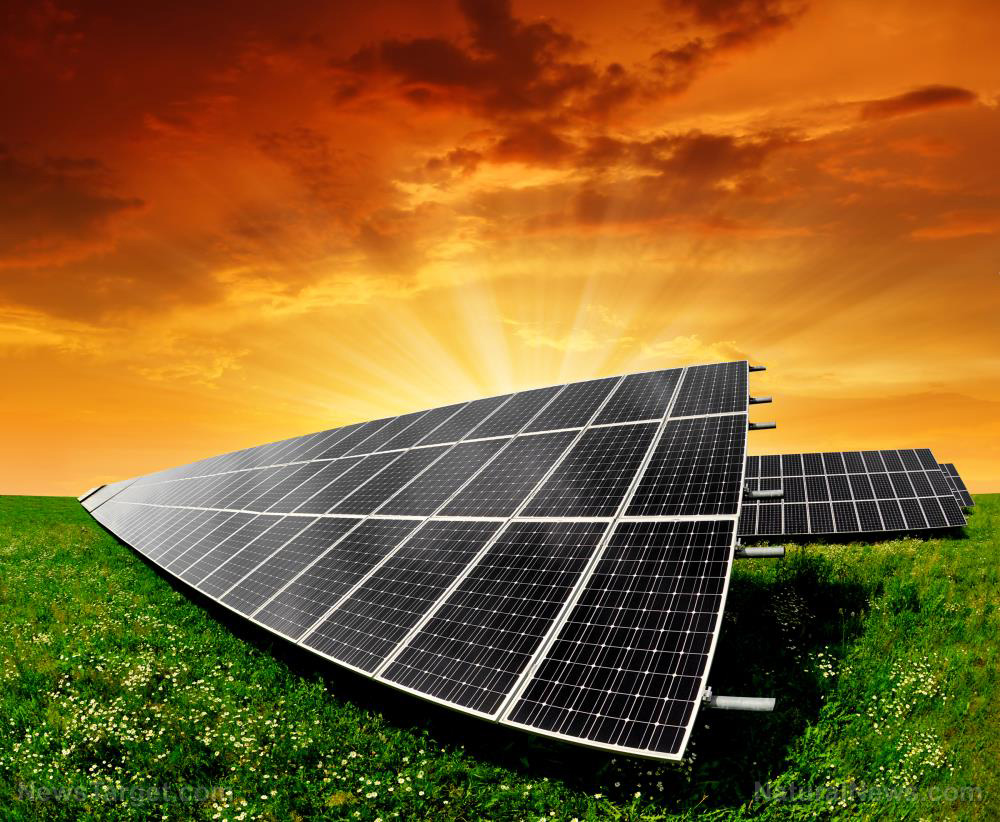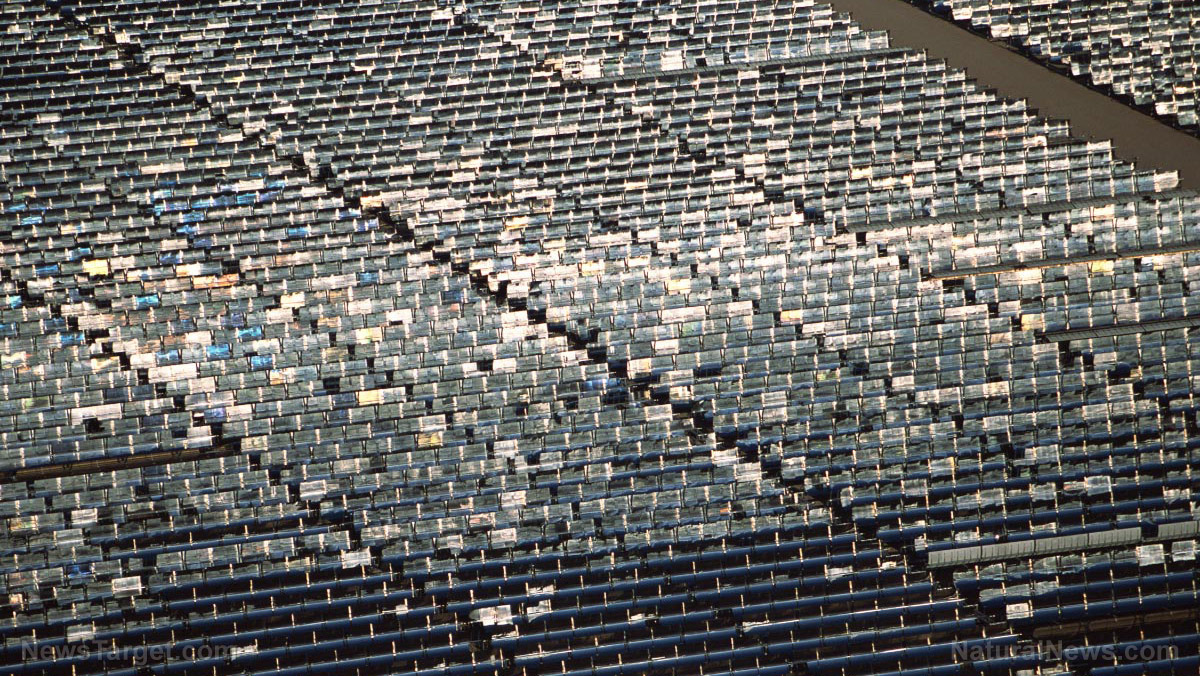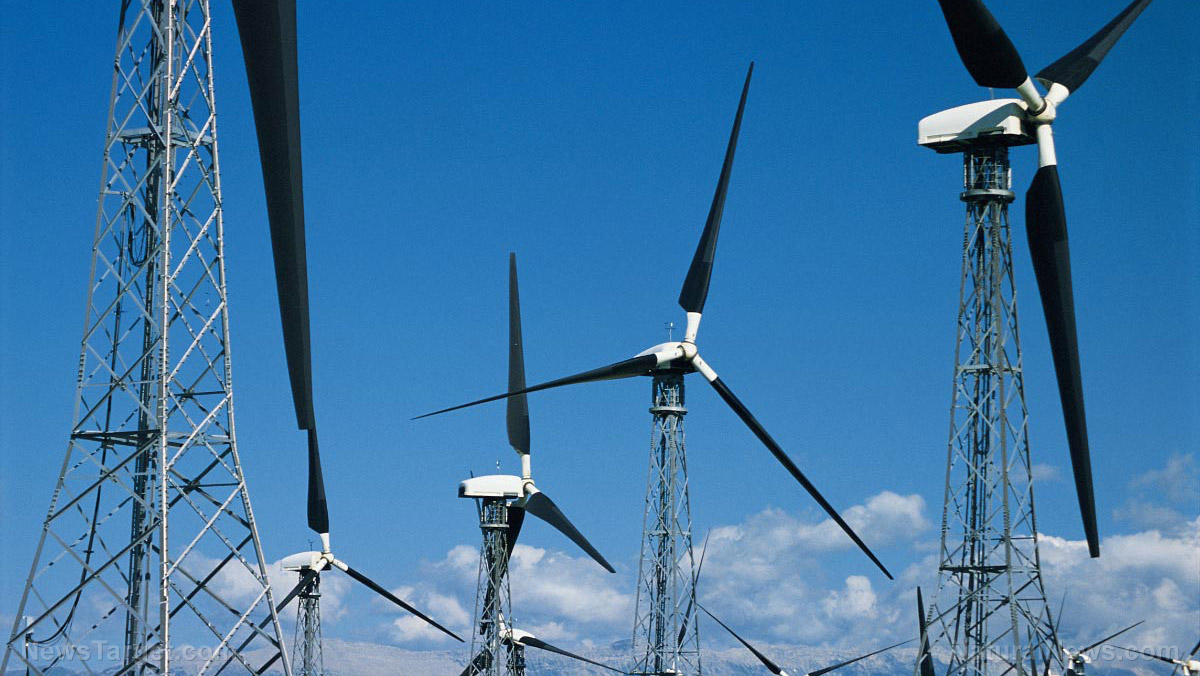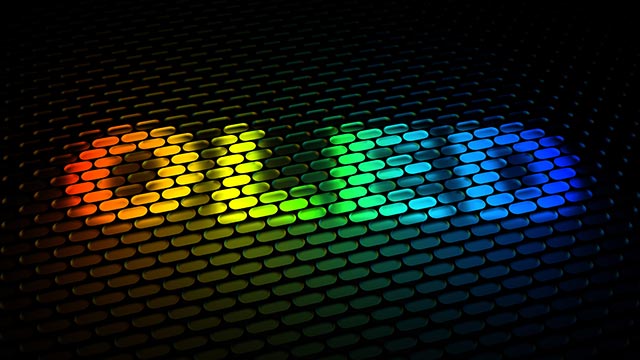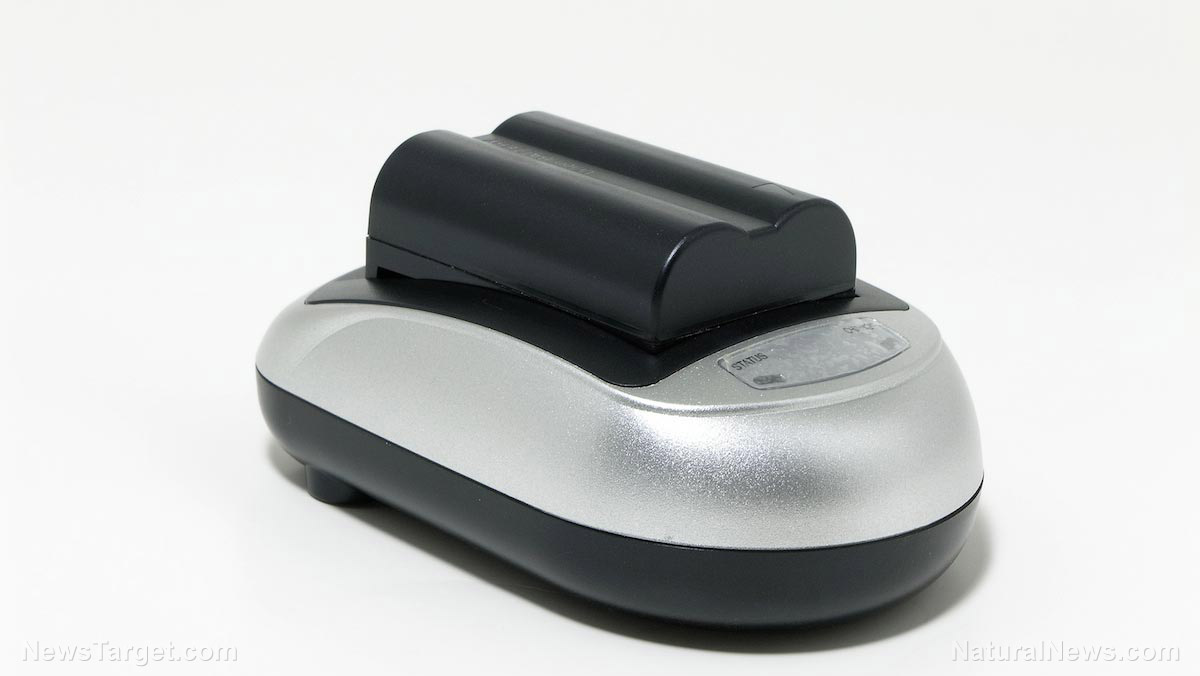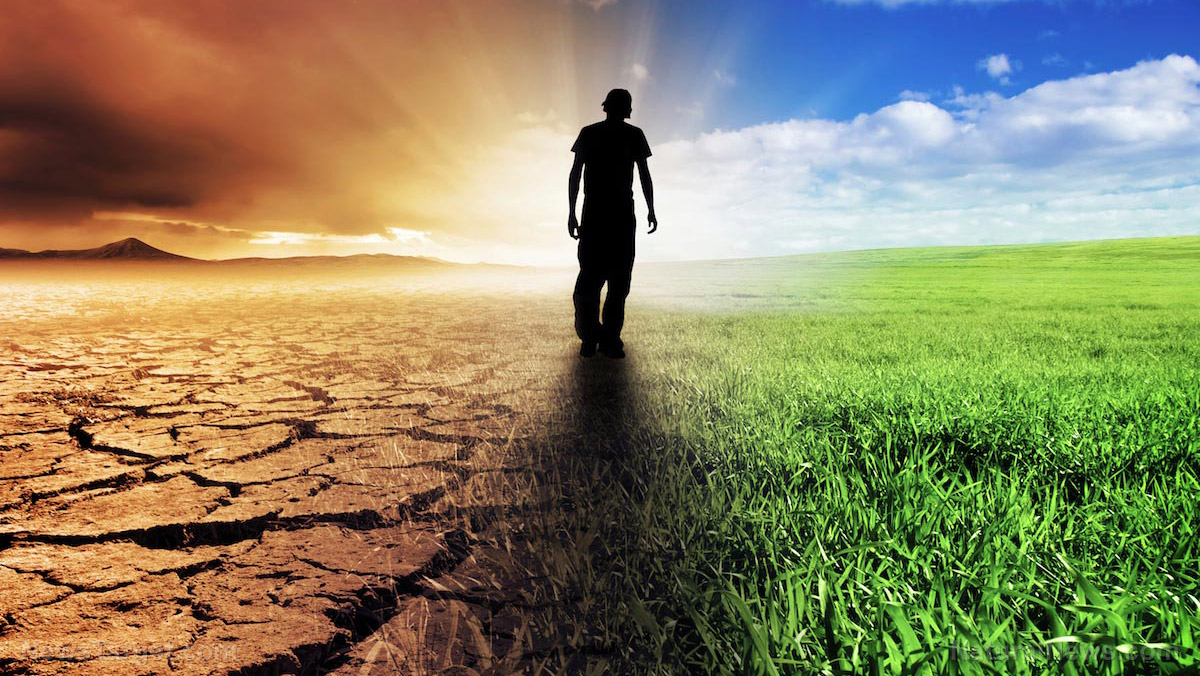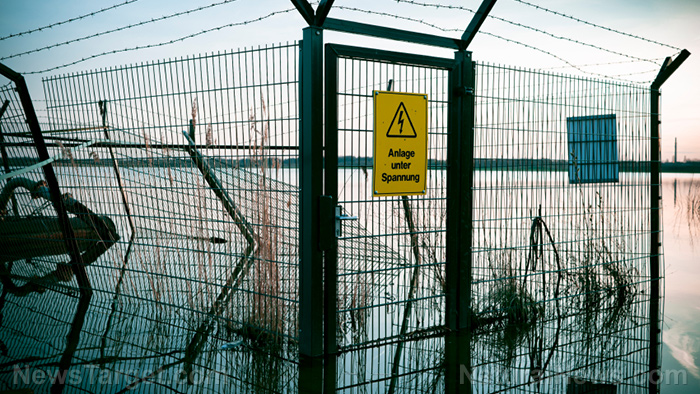Power options for homesteaders: The pros, cons, and hidden costs of solar panels
09/20/2018 / By Zoey Sky
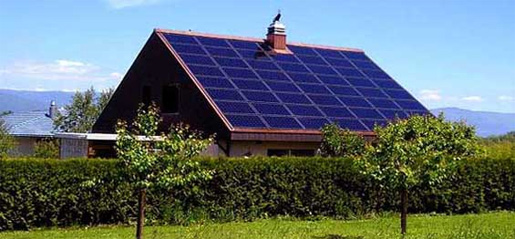
A greener alternative to utility companies, more homesteaders are turning to solar energy as a power source. But did you know that solar panels have various pros, cons, and even hidden costs?
Because solar panels are now available at more affordable prices, they are fast becoming the homesteader’s choice for generating electricity or heat. If you’re new to solar panels, you’re bound to have several questions about installing them and the best payment method to acquire your own source of solar energy. (Related: Amazing new solar energy fabric will power all your devices.)
Keep in mind that you can acquire solar panels for your homestead in two ways: by either buying or leasing. Before you decide, review the pros and cons of each option, and look into the short- and long-term financial implications of both.
Buying solar panels vs. leasing solar panels
Starting a homestead is in itself a big risk, and buying solar panels for it is an investment. However, because solar panels are now cheaper, it is easier to enjoy a positive return.
Solar panels are worthy investments because over time, they “can pay for themselves” and hopefully, more than what you paid for them. But this will depend on how much energy your homestead consumes and how much your solar energy system costs. Some homebuyers are also willing to shell out more for houses with solar panels.
In some states, unused energy generated by your solar panels can be sold back to the utility companies in the form of Solar Renewable Energy Credits (SRECs). The federal government and most states will help solar panel users pay for green energy, and along with the Residential Renewable Energy Tax Credit (which covers at least 30 percent of costs), all 50 states offer incentives to renewable energy users.
But solar energy has cons as well. It can take as long as 10 years before you can enjoy the returns on your investment in solar energy. Even solar panels need some upkeep and replacements, and this all depends on how long your system can last.
Some of the hidden costs associated with buying solar panels are the potential for roof damage and higher insurance premiums. Your solar tax credits may not last forever. It’s possible that several states may soon reduce or eliminate the incentives for solar energy. Up-front solar energy system costs still includes installation fees. Grid-tie and off-grid systems come with different installation costs, so make sure you know what you’re buying.
Although leasing won’t enable you to maximize energy savings when you switch to solar, one advantage of solar energy is that it will still lower your monthly energy costs by a lot. By leasing, you can use solar panels on your homestead and save. You won’t have to pay the local utility company for power, and you’ll only have to cover the fees from the solar panel leasing company to use the system.
Even leasing solar panels can let you enjoy lowered monthly energy costs. Leasing usually gives you the option to choose a solar lease or a power purchase agreement (PPA). A solar lease requires you to pay the leasing company for the solar equipment and you can use as much energy as you please. With a PPA, you have to cover the fees for the power you consume at a set price per kilowatt hour (the monthly fees account for the power itself, not the equipment).
The leasing company will take care of all solar panel maintenance and repairs for you. When your lease is over, you can purchase the solar energy system at a depreciated market value or a discounted price, depending on the terms of your lease.
Leasing solar panels also has disadvantages such as contractual terms since solar leases/PPAs usually last 20 years or longer. A lack of ownership can also be a deal-breaker for some homesteaders, especially those who wish to have full control over their equipment. Leasing won’t give you the same tax credits and rebates, which goes to the leasing company.
Leasing solar panels also has hidden costs like insurance premiums. Some homeowners’ insurance policies might leave you with a higher premium, and solar panels could also lower your premium. Always talk to your insurance provider before signing a lease. Since solar panels are mounted to your roof, there’s a chance that your roof might become damaged. Check your lease to see who’s responsible for damage to the roof and who’ll cover any necessary rebuilding or restoration.
Whether you’re buying or leasing them, rooftop solar panels offer more pros than cons as a technology that is becoming more efficient as time goes by. Once you’ve weighed the benefits and disadvantages of each choice, it’s up to you to go with a decision that makes the most financial sense to you.
Other benefits of solar energy
Aside from saving on utilities, solar panels offer homesteaders other benefits such as:
- Reduced air pollution – Fossil fuels, our traditional energy source, emits harmful carbon dioxide and methane emissions that greatly decrease air quality. With solar panels, no greenhouse gases are produced.
- Reduced water pollution – Unlike other manufacturing processes that require some water, solar photovoltaic cells don’t require water to generate electricity. Solar energy won’t pollute local water resources.
- Reduced need for finite resources – Since solar energy is renewable, using solar panels is one way to help conserve fossil fuels, which are finite.
You can read more articles about solar energy and other greener power options at Power.news.
Sources include:
Tagged Under: energy, home solar panels, homesteading, renewable energy, solar energy, solar panels, technology


